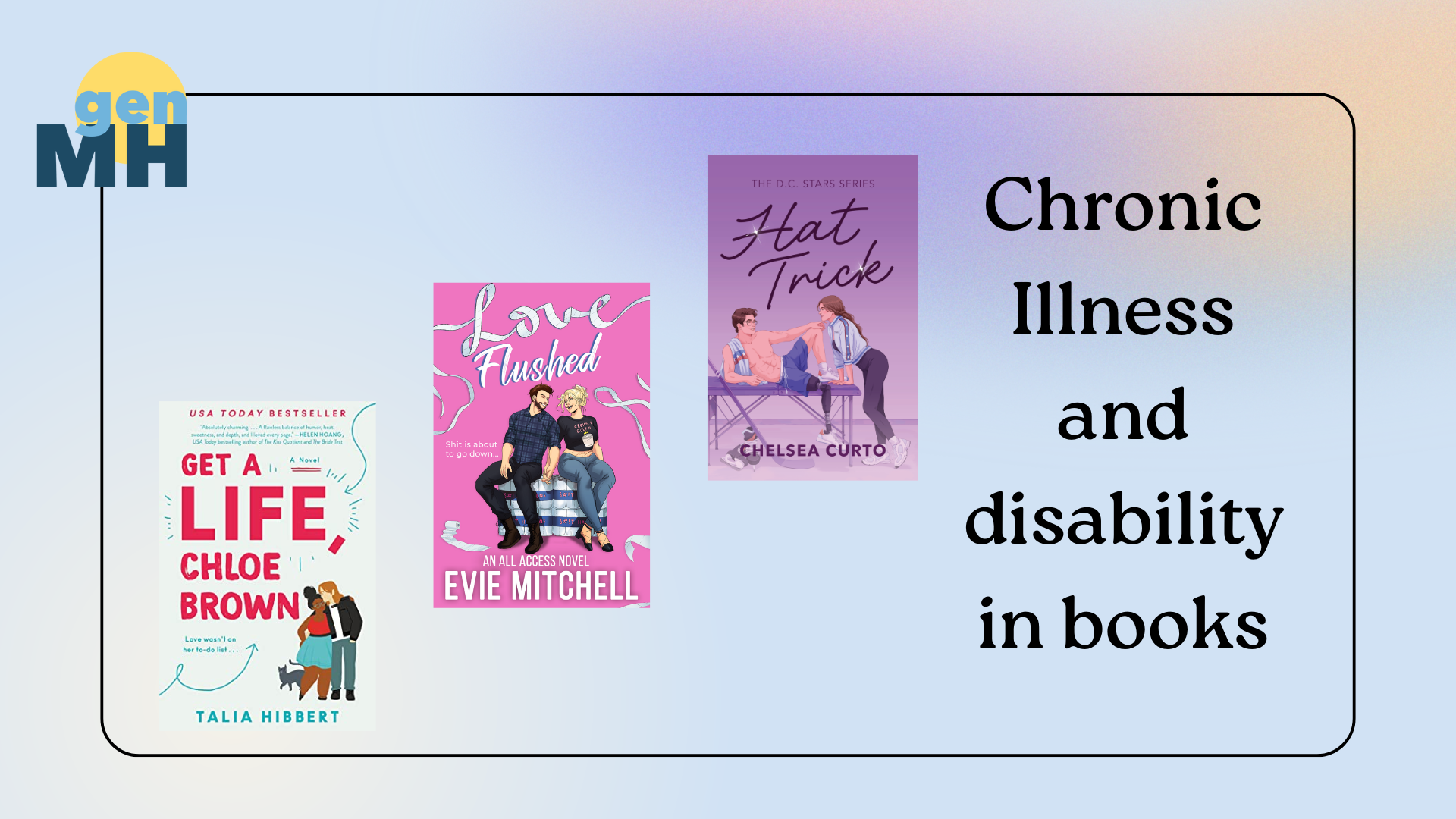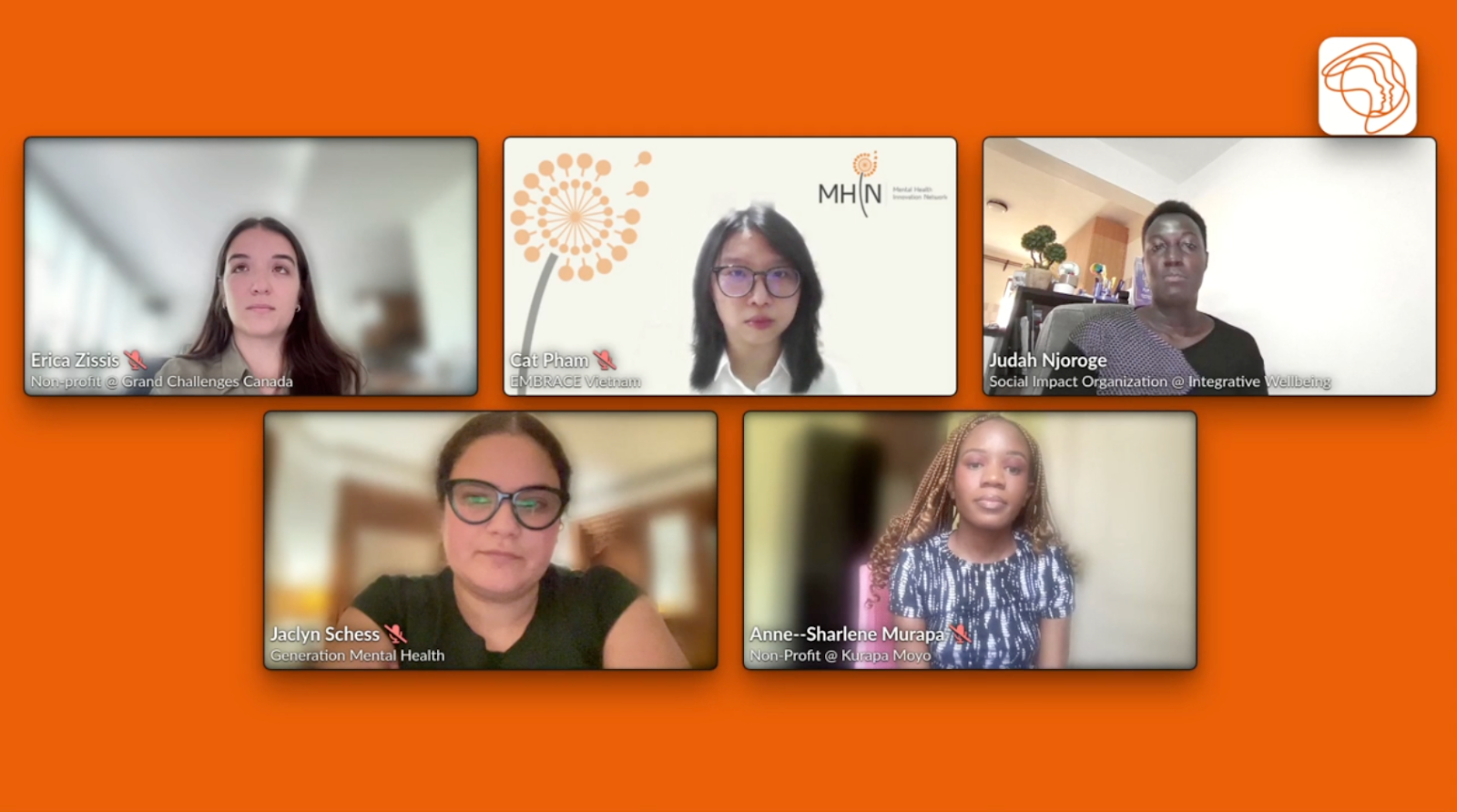Suicide Prevention Week - An Interview with a Member of a Suicide Hotline Team
Anonymous • September 8, 2020
In recognition and respect for Suicide Prevention Week, we spoke to a member of a Suicide Hotline team, who shared her perspective and experience.

If you're ok sharing - what made you join a suicide prevention hotline?
When I was in middle school, there was a group of girls on my bus that would always get off the bus to go work at the hotline. They were some of the nicest and smartest girls I knew and they talked so highly of the hotline that I always knew that one day I wanted to be involved. I ended up getting involved with the teen suicide prevention hotline when I was around 14 years old and worked there consistently until I left for college and still do some work with them to this day. I think when I first started working there I was too young to understand the scope and power of the hotline but I’ve always had a desire to help others so it was something I was excited to be doing.
Can anybody join a suicide prevention hotline? And is there a training that guides you through this job?
The process tends to be a little complicated. First you need to apply in order to be involved and there is a multi-step application process. Once you are accepted, there are several stages of training that you have to go through before you are able to start answering the phones. The initial training is around three months and involves learning about all the different topics that you need to know about. The final step before you can start answering the phones is a series of tests surrounding the information you learned in the previous training.
Can you tell us about the biggest challenge you faced working for a suicide prevention hotline?
In my opinion, the biggest challenge was always knowing that there are going to be some situations where you try your best to help as much as you can but sometimes your best doesn’t feel sufficient enough. At the end of the day, your phone call is only one phone call. The person on the other end of the phone needs to take the steps to help themselves because you’re not going to be able to be there to help them at all times.
Any advice for those who are trying helping loved ones through a depressive episode?
My advice would be to show your unconditional love and support because in the end that is going to be the most important thing that you can do for someone. And of course if you feel like the situation is out of your control it is always important to reach out to a professional.
Could you tell us some common techniques used on such hotlines?
The most common techniques that we practiced were breathing techniques, empathetic listening, identifying coping skills, identifying support systems and giving out national and community resources.
Any major lessons or takeaways you'd like to share with us?
The biggest takeaway that I would share is that sometimes just being there for someone, even just being there to listen to them or talk to them can be incredibly helpful. No matter how small that may seem, sometimes that is all that someone needs to feel seen or understood by someone else and that can mean more to someone than anything else.


